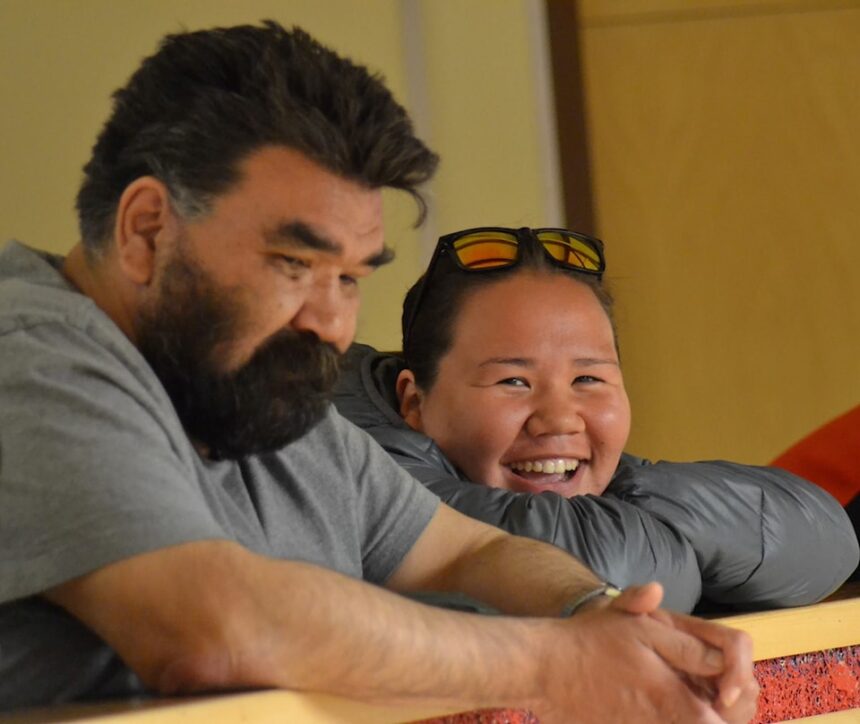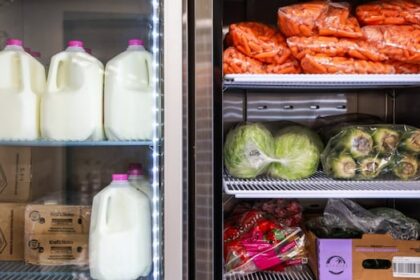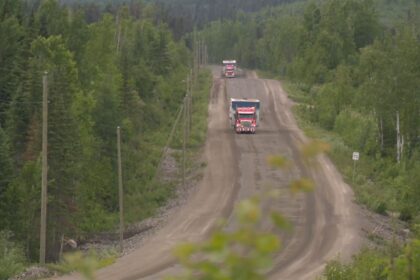It’s time more parents start putting their children first instead of alcohol, says Rankin Inlet’s David Tulugak While Nunavut remains home to the country’s highest rates of suicide and self-harm, and very high rates of hospitalizations due to alcohol, the territory is taking steps to reduce those numbers. These harms are linked to the social and health inequalities experienced by the population due to colonialism, according to a Canadian Mental Health Association report released late in 2024. David Tulugak of Rankin Inlet said the reasons behind suicide remain complex but, in his opinion, although the effects of colonialism are still evident, they are starting to fade a bit as the years roll past. And, he said, in many cases, alcoholism is long overdue to be cut down, so that children in the community may benefit. “I don’t like to judge, but it’s time more parents start putting their children first instead of their alcohol,” said Tulugak. “I agree that some harms are linked to the social and health inequalities experienced by the population due to colonialism, but it’s time more parents put the well-being of their families ahead of their need to drink every weekend.” While numbers still show child poverty is alarmingly high, food security is, at least for the time being, not on the same scale it was before the arrival of the Jordan’s Principle/Inuit Child First Initiative program a little over a year ago. It was recently announced that the programs that put healthy, nutritious food on the table for Inuit youth have been extended for a second year. Tulugak said it’s no secret to anyone that housing remains a serious concern across Nunavut, with the general population’s housing need being triple the national rate. He said it’s also no secret that Nunavut only has about one-third the mental health, addictions and substance use healthcare providers compared to the national average. “This is one area that we absolutely have to improve upon, and that includes doing whatever it takes to attract more mental health, addictions and substance use healthcare providers to the territory. “And, we also have to greatly improve our retention numbers and offer enough incentives to keep these invaluable healthcare providers working within the borders of Nunavut. “I believe there are also ways we can develop grassroots programming to fight addiction, with our Elders leading the way in initiating programs out on the land that will help get many Inuit back in touch with healing out on the land and being one again with Mother Earth.” Change is coming, however, with innovations like training Inuit paraprofessionals to provide mental health supports; the testing of a land-based mobile addiction treatment program; and a new Inuit-designed addictions and trauma treatment centre in Iqaluit. Nunavut modernized its Mental Health Act in 2021 to better reflect Nunavummiut cultural values. Tulugak said he is guardedly optimistic that Nunavut is finally turning a corner towards healthier living and lifestyles. He said keeping Inuit youth involved in the Kivalliq region’s immensely-popular sporting programs, such as hockey, soccer, basketball and volleyball, will also further help promote healthier living in local communities. “Until I suffered my stroke, I was able to keep active in sports through hockey officiating. “Yes, we still have a ways to go to get the numbers closer to where we want them, but it can be done and we’re taking baby steps each year towards achieving that goal.”
Thursday, 5 Feb 2026
Canada – The Illusion
Search
Have an existing account?
Sign In
© 2022 Foxiz News Network. Ruby Design Company. All Rights Reserved.
You May also Like
- More News:
- history
- Standing Bear Network
- John Gonzalez
- ᐊᔭᐦᑊ ayahp — It happened
- Creation
- Beneath the Water
- Olympic gold medal
- Jim Thorpe
- type O blood
- the bringer of life
- Raven
- Wás’agi
- NoiseCat
- 'Sugarcane'
- The rivers still sing
- ᑲᓂᐸᐏᐟ ᒪᐢᑿ
- ᐅᑳᐤ okâw — We remember
- ᐊᓂᓈᐯᐃᐧᐣ aninâpêwin — Truth
- This is what it means to be human.
- Nokoma











